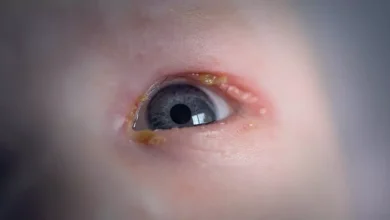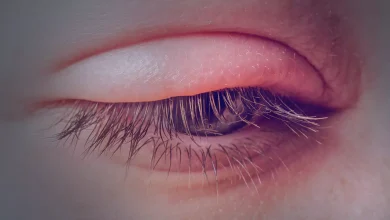All about Agoraphobia
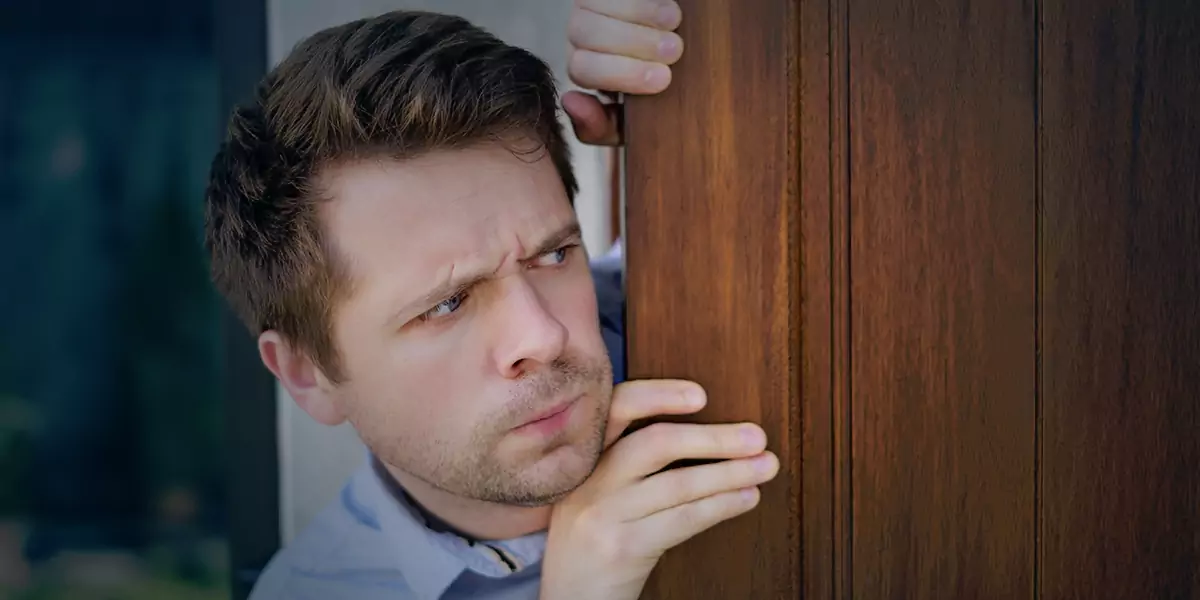
What is Agoraphobia?
Agoraphobia is a mental disorder where you feel abnormal fear in certain situations or places. You may avoid situations that might create extreme fear and anxiety which may lead to feelings of being trapped, embarrassed, or helpless. Agoraphobia patients mostly avoid unfamiliar situations such as huge, open areas or enclosed spaces, crowded places, public transportation, etc.
What are the Types of Agoraphobia?
Though there are numerous types of agoraphobia, the fear of crowds is the most common one. Researchers have categorized agoraphobia into certain types including:
- Paranoid agoraphobia
- Catatonic agoraphobia
- Enochlophobia
- Claustrophobia
- Disorganized agoraphobia
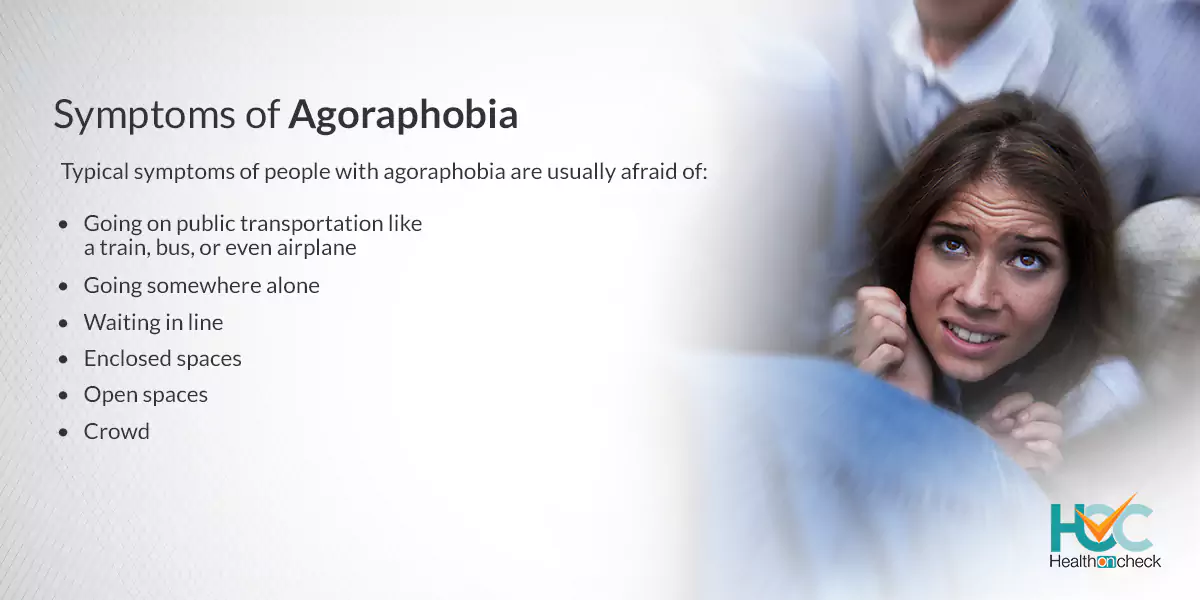
What are The Symptoms of Agoraphobia?
Everyone feels fear and anxiety once in a while but people with agoraphobia have extreme and abnormal anxiety which can be termed as an anxiety disorder that can adversely affect their daily life.
Typical symptoms of people with agoraphobia are usually afraid of
- Crowd
- Going somewhere alone
- Waiting in line
- Enclosed spaces
- Open spaces
- Going on public transportation like a train, bus, or even airplane
When people with agoraphobia are trapped in certain situations, they may feel:
- Pain in the chest or fast heartbeat
- Shaky feelings
- Shivering hands
- Finding it difficult to breath
- Hyperventilation
- Dizziness
- Lightheadedness
- Getting sudden chills
- Face becoming red or hot
- Unusual sweating
- Stomach upset
- Fear of dying
- A feeling that you are losing control of your body
What are the Causes of Agoraphobia?
Researchers are not yet able to find the exact cause of agoraphobia but it can be related to your genes, family history, or even stress. Also, it can be connected with an existing panic disorder that may lead to short, intense attacks of fear for no certain reason.
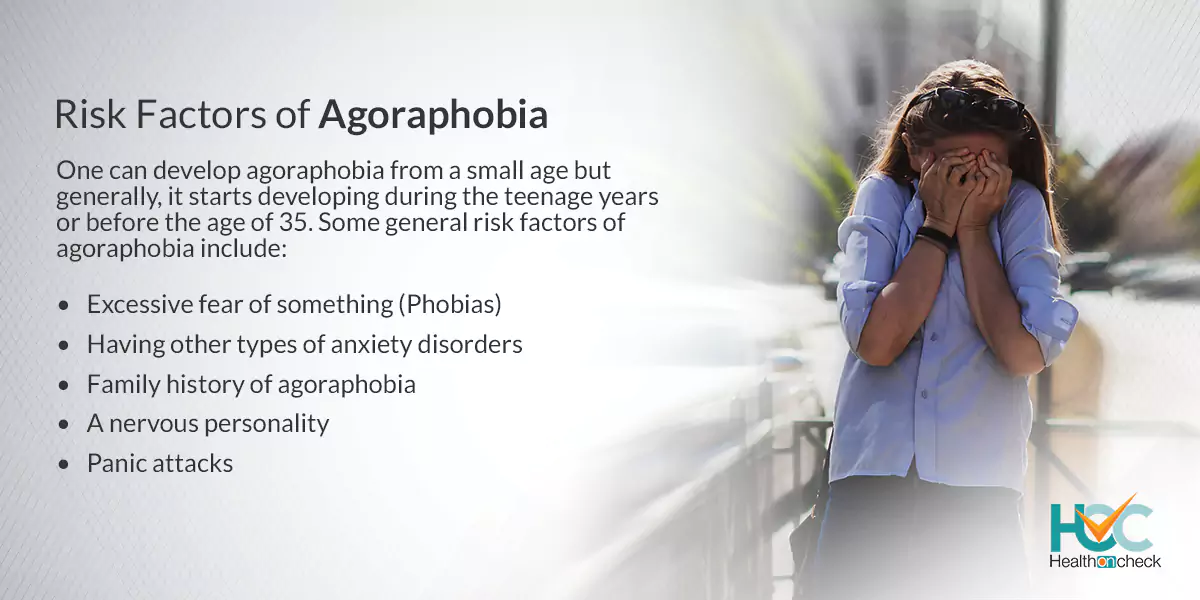
What are the Risk Factors of Agoraphobia?
One can develop agoraphobia from a small age but generally, it starts developing during the teenage years or before the age of 35. Some general risk factors of agoraphobia include:
- Panic attacks
- Excessive fear of something (Phobias)
- Excess fear and apprehension as a response to panic attacks
- Dealing with some kind of stress such as the death of someone close, child abuse, losing a job divorce, etc.
- Having other types of anxiety disorders
- A nervous personality
- Family history of agoraphobia
What are the Complications of Agoraphobia?
Agoraphobia can affect your daily activities or performance at school/college or job. If the agoraphobia is severe then it will be very difficult for you to even leave your home. Your life will be dependent on others or life itself will feel like a burden. Some other complications agoraphobia can cause are:
- Alcohol or drug abuse
- Depression
- Suicidal feelings
- A doctor can diagnose agoraphobia on the basis of Symptoms as your doctor will ask about what kind of feelings you get in certain situations or places, How often you feel those symptoms.
- A psychiatrist or psychologist may create a questionnaire for you and you have to answer those questions based on which your psychiatrist or psychologist will decide the magnitude of your agoraphobia.
- A physical exam may be taken to rule out other issues or disorders that may becausing these symptoms
What are the Treatment Options Available for Agoraphobia?
Agoraphobia can be treated through therapy or medications:
Talk Therapy
- Talk therapy includes getting consultancy from a doctor who is a specialist in metal
- problems such as a psychiatrist or psychologist who will work as your therapist.
- Your therapist will set milestones for you to achieve and teach you practical skills
- that will help you to decrease your anxiety problems. Cognitive behavioral therapy
- Is used as one of the most effective ways to treat agoraphobia. It will help you
- to understand the reasons and thoughts that cause anxiety in you. You will be
- thought relaxation and desensitization techniques which will help you to ease down
- the symptoms of agoraphobia. Over some time, your brain will be trained in
- such a way it will react and respond to things differently.
Medication
Some medicines given by doctors to treat agoraphobia are:
Antidepressants: Some precise antidepressants known as selective serotonin reuptake inhibitors (SSRIs), including sertraline (Zoloft) and fluoxetine (Prozac), are given to treat panic disorder that comes with agoraphobia. Some other kinds of antidepressants may also treat agoraphobia.
Anti-anxiety medicine: Anti-anxiety medicines such as benzodiazepines are sedatives that help to control anxiety which you may prescribe to get rid of anxiety symptoms. Benzodiazepines are mostly given only on a short-term basis for relieving the anxiety that may occur suddenly, a situation also known as acute anxiety. These medicines can make you dependent on them so they are not a good option if you’ve had long-term issues with anxiety or have problems with alcohol or drug abuse.
Living with Agoraphobia
Agoraphobia can make you feel afraid, alone, and isolated but you should understand that it’s not real but just in your mind. Share your feelings with your family and close friends. Do things that make you happy and be in the company of the people you enjoy being with. Agoraphobia is curable so with proper treatment and some lifestyle changes you can get rid of this problem.
Whom to Consult?
Agoraphobia can immensely affect your capability to socialize, work, go to important events, and even manage the normal tasks of daily life. There are many stigmas related to any kind of mental disorder but do not let them affect your life adversely. Contact a psychiatrist if you feel symptoms of agoraphobia.

